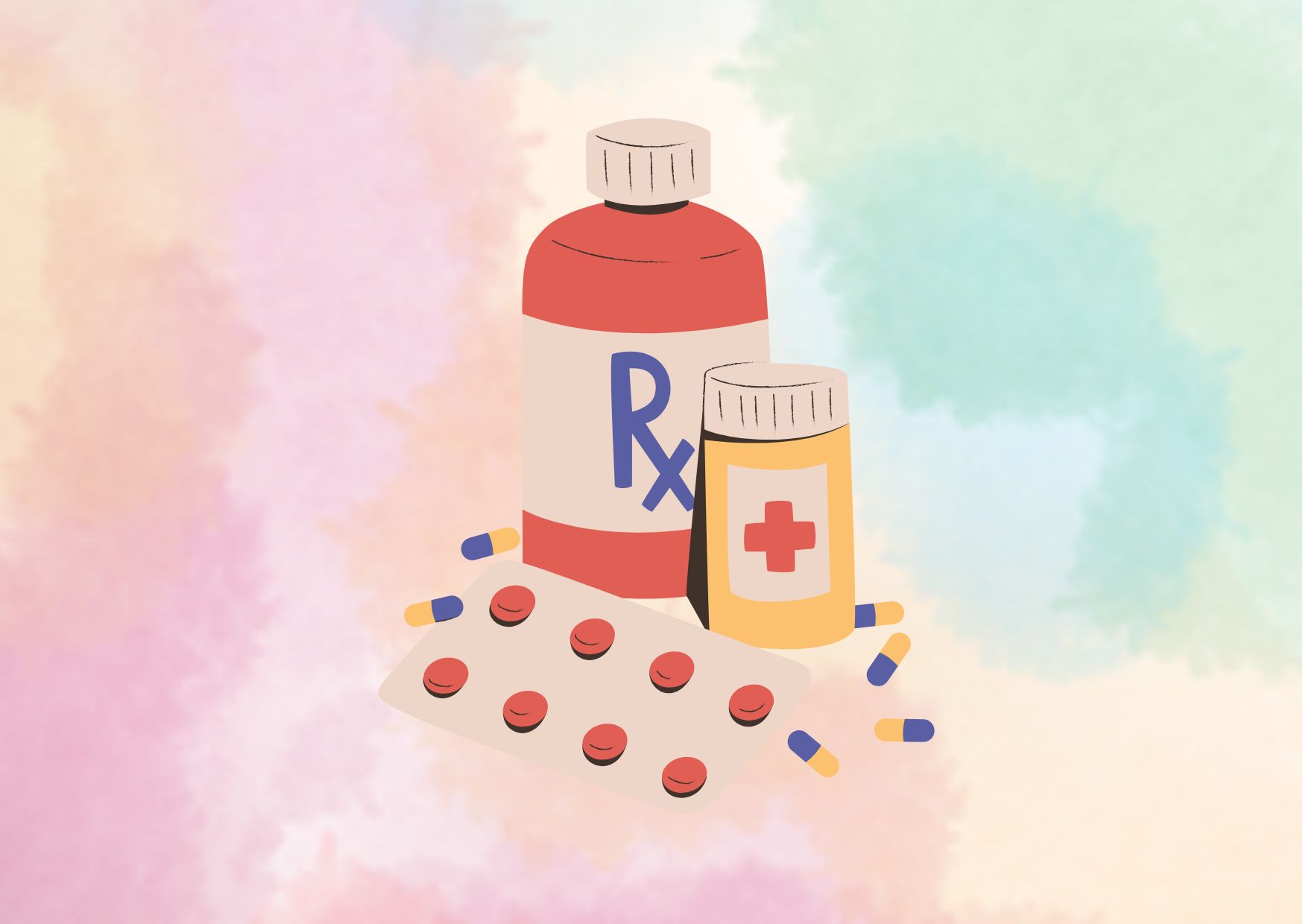Cymbalta and Alcohol: Understanding the Risks and Effects
In today’s fast-paced world, many individuals face the challenges of managing their mental health. Conditions like depression and anxiety can significantly impact a person’s well-being and quality of life. As a result, medications like Cymbalta (duloxetine) are commonly prescribed to alleviate the symptoms of these mental health disorders. However, it is crucial to be aware of the potential risks and negative effects associated with mixing Cymbalta and alcohol.
What is Cymbalta?
Cymbalta, also known by its generic name duloxetine, belongs to a class of medications called selective serotonin and norepinephrine reuptake inhibitors (SNRIs). It is primarily prescribed to treat depression, anxiety, diabetic peripheral neuropathy, fibromyalgia, and chronic musculoskeletal pain. By increasing the levels of serotonin and norepinephrine in the brain, Cymbalta helps regulate mood and improve overall mental well-being.
The Use of Cymbalta
Cymbalta is the brand name for the medication duloxetine, which belongs to a class of antidepressants known as serotonin-norepinephrine reuptake inhibitors (SNRIs). It is used in medicine for several purposes:
- Depression: Cymbalta is approved by the U.S. Food and Drug Administration (FDA) for the treatment of major depressive disorder (MDD). It helps alleviate symptoms of depression, including persistent feelings of sadness, hopelessness, and loss of interest or pleasure in activities.
- Anxiety Disorders: Cymbalta is also FDA-approved for the treatment of generalized anxiety disorder (GAD). It can help reduce excessive worry, nervousness, and anxiety symptoms associated with GAD.
- Chronic Pain Conditions: Cymbalta is approved for the management of chronic pain conditions, including fibromyalgia and chronic musculoskeletal pain. It works by modulating the levels of neurotransmitters in the brain and spinal cord involved in pain perception.
- Diabetic Peripheral Neuropathy: Cymbalta is indicated for the treatment of diabetic peripheral neuropathy (DPN), a type of nerve damage that can occur in individuals with diabetes. It can help reduce pain, tingling, and numbness in the hands and feet associated with DPN.
- Fibromyalgia: Cymbalta is FDA-approved for the treatment of fibromyalgia, a chronic condition characterized by widespread musculoskeletal pain, fatigue, and other symptoms. It can help improve pain, fatigue, and overall functioning in individuals with fibromyalgia.
- Chronic Low Back Pain: In some cases, Cymbalta may be prescribed off-label for the management of chronic low back pain, particularly when other treatments have been ineffective or poorly tolerated.
It’s important to note that Cymbalta should be used under the supervision of a healthcare professional and according to their instructions. Like all medications, Cymbalta can have side effects and may not be suitable for everyone. Common side effects of Cymbalta include nausea, dry mouth, dizziness, fatigue, constipation, and sweating. Additionally, discontinuing Cymbalta abruptly can lead to withdrawal symptoms, so it’s essential to taper off the medication gradually under medical supervision if discontinuation is necessary.
Understanding the Risks of Mixing Cymbalta and Alcohol
Alcohol is a depressant that affects the central nervous system, causing a range of effects on mood, cognition, and behavior. When consumed in moderation, alcohol can be enjoyed responsibly. However, combining alcohol with certain medications, including Cymbalta, can lead to potentially harmful interactions and adverse effects on health.
